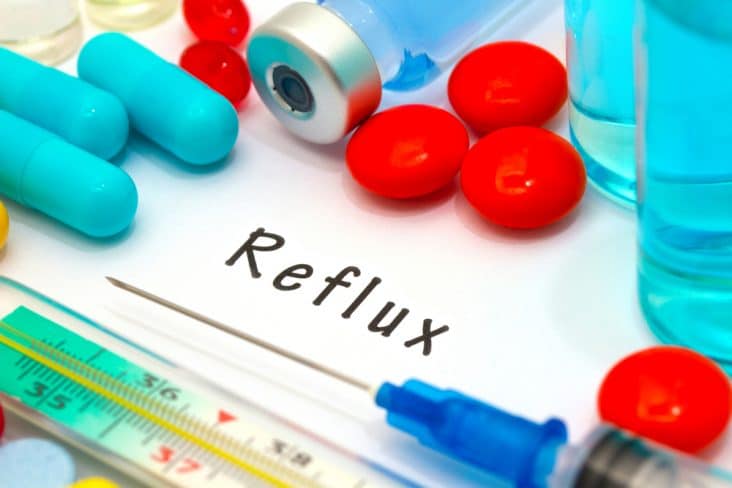Gastro-oesophageal reflux disease or GORD, as it is known, is a digestive disorder that affects the lower oesophageal sphincter, which is the ring of muscle located between the oesophagus and stomach.
Commonly known as heartburn, GORD is a condition characterised by a painful burning sensation in your chest that can be treated with lifestyle and dietary changes and over-the-counter medication. Otherwise, you may be prescribed stronger medication or be recommended a minimally invasive surgery.
Treatment
The aim of treatment is to decrease the frequency of reflux or reduce the damage to the lining of the oesophagus from refluxed material. If you don’t experience relief within a few weeks after lifestyle and dietary changes, your doctor might recommend prescription medication or surgery.
Lifestyle changes
If you are experiencing gastro-oesophageal reflux disease and if you’re overweight, you may be asked to reduce weight. You may also be asked to avoid wearing clothes that tighten around your stomach, which can relieve symptoms in certain cases.
Smoking is also known to weaken the lower oesophageal sphincter. Therefore, cutting down on smoking or stopping it altogether is important in reducing symptoms of gastro-oesophageal reflux disease.
Elevating the head of your bed by up to 20cm (8 inches) may also reduce symptoms of heartburn as it allows gravity to prevent the reflux of the contents of your stomach into the oesophagus. Avoid using pillows to prop yourself up as it may strain your stomach.
Dietary changes
You will also be advised to avoid food and beverages that can relax the lower oesophageal sphincter, such as chocolate, peppermint, fatty food, caffeine, and alcoholic beverages. Food and beverages that could irritate a damaged oesophageal lining, such as citrus fruits and juices, tomato products, and pepper, should also be avoided.
You may need to reduce your portion size at mealtimes, as it may help control your symptoms. It’s also recommended that you eat meals or consume alcohol 3 to 4 hours before bedtime and avoid having your largest meal of the day in the evening, as it may reduce reflux by allowing acid in the stomach to decrease and the stomach to be partially empty.
Over-the-counter medication
There are three options that you could choose from:
- Antacids, such as Mylanta, may help neutralise stomach acid and provide quick relief. Antacids alone, however, won’t heal an inflamed oesophagus and the overuse of these medications can cause side effects such as diarrhoea or kidney issues.
- Alginates are a type of medication that produces a coating to protect the stomach and oesophagus from the effects of stomach acid.
- Low-dose proton pump inhibitors (PPIs) and H2-receptor antagonists may help block acid production and PPIs could even help heal the damaged oesophageal tissue.
Prescription medication
Prescription medication treatment for gastro-oesophageal reflux disease are similar to over-the-counter medication but are stronger. The options include:
- Stronger PPIs, which could also be prescribed to block acid production but could also cause diarrhoea, headaches, nausea, and a vitamin B-12/Iron deficiency. Chronic use might increase the risk of osteoporosis.
- Stronger H-2 receptor blockers, which may be prescribed to you alongside PPIs or as an alternative to these. They control acid production in the stomach but long-term use might cause side effects.
Surgery
Gastro-oesophageal reflux disease can usually be controlled with medication. However, if they aren’t effective in reducing your symptoms, aren’t suitable for you, lead to unpleasant side effects or you wish to avoid long-term medication use, surgery is an option.
- Laparoscopic Nissen fundoplication (LNF) is a type of laparoscopic or keyhole surgery that’s done through small incisions in the skin. This procedure is used to tighten the lower oesophageal sphincter at the bottom of the oesophagus. The procedure, which is done under general anaesthesia, may require you to stay in the hospital for a few days after it’s done.
Request more information about the treatment of gastro-oesophageal reflux disease
GORD is a treatable condition and its symptoms can be addressed if effective treatment plans are followed. By consulting a gastroenterologist, you would have the chance to inquire about the best possible treatment option for your specific symptoms.
If you experience heartburn, seek expert medical advice and receive personalised treatment to improve your symptoms and lead a healthy and comfortable life.

